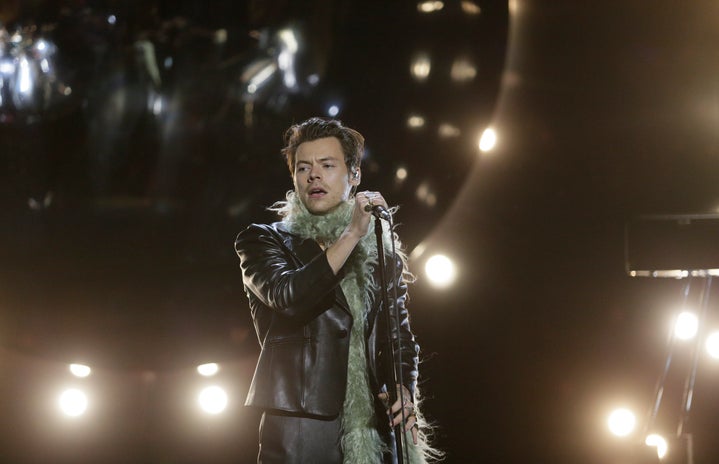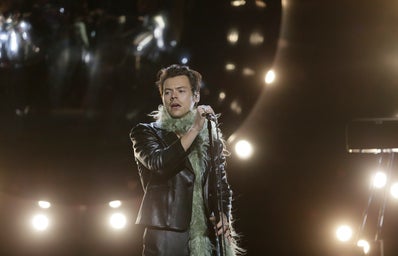I can admit: I am obsessed with a celebrity, as the numerous pictures of Niall Horan on my bedroom walls will reveal. I follow everything he does on social media, spend a lot of my time listening to his music, and consume every other piece of media he releases. At some point, we have all been obsessed with one or more celebrities. However, my obsession with Horan or any past obsessions I’ve had with other celebrities has never been extensive. That is to say, I did not devote all my energy and love to them, as if we were in a relationship.
Some people take their obsessions too far – to an extent that would be considered a parasocial relationship. The term parasocial relationships is relatively new; so new that it still produces a red, squiggly line to alert me I’ve spelled something wrong. In this age of intense and plentiful media use, a new type of relationship surfaced.
Parasocial relationships are defined as a one-sided relationship in which partner A, typically the fan, devotes a lot of effort and energy into loving and supporting partner B, a persona (most often a celebrity), while that person is entirely unaware of the partner A’s existence. At first, you might simply chalk this up to a typical fangirl’s behavior. But the distinction between simply being a fan and having a parasocial relationship with a celebrity is extremely important to recognize.
Even though there is really only one person directly involved in the relationship, it can still be a damaging and toxic experience. As stated in the definition, these relationships typically occur between an adoring fan and an oblivious celebrity. Certain fans go to extreme lengths either supporting their “partner” or trying to be noticed. This can range from buying merchandise to starting a fight on Twitter with others. Not only is the action of starting a Twitter fight inherently toxic, but the intention can be as well. Those in a parasocial relationship might do anything to defend their celebrity partner in any capacity.
Take Evan Peters for example. There were rumors of Peters abusing his ex-girlfriend Emma Roberts. Whether these accusations are true or not, fans of his were quick to either come to his defense by denying the accusations or making excuses for his actions. Actor Ansel Elgort and singer Rex Orange County are two more examples. Both were accused of several counts of sexual assault. Yet again, their hardcore fans wasted no time explaining the “truth” and justifying their behavior.
This type of relationship could also occur with a fictional character. One prominent example of this would be people’s recent obsession with Draco Malfoy. If you’ve never read or seen Harry Potter, Draco Malfoy is a secondary antagonist in the series. Harry and Draco often butt heads and chaos ensues. Draco isn’t a nice character. He is unnecessarily mean, prejudiced towards certain people and very violent. Fans of the character tried to claim that he was really just misunderstood and wanted to be a good guy, but he just didn’t have the right help to do so. In reality, they were romanticizing his toxic behaviors. Even J.K. Rowling, the original author of the series, released a statement saying Draco was not a good person, and he didn’t deserve the redemption arc many fans claimed he earned.
So, what’s the real danger with parasocial relationships? Well, besides many public personas being exempt from any negative repercussions for their actions, it can be very damaging for the fan. The fan is dedicating an immense amount of time and energy to someone who is completely unaware they exist. This can be extremely draining and damaging for their self-esteem. It can also ruin that person’s ability to form relationships with those around them. Their commitment to the persona cuts them off from bonding with others. They will also feel that their opinion of their partner is the only correct one, so anyone voicing something different will likely be attacked. These relationships can be especially harmful for younger kids, who can’t tell the difference between real love and one-sided adoration.


